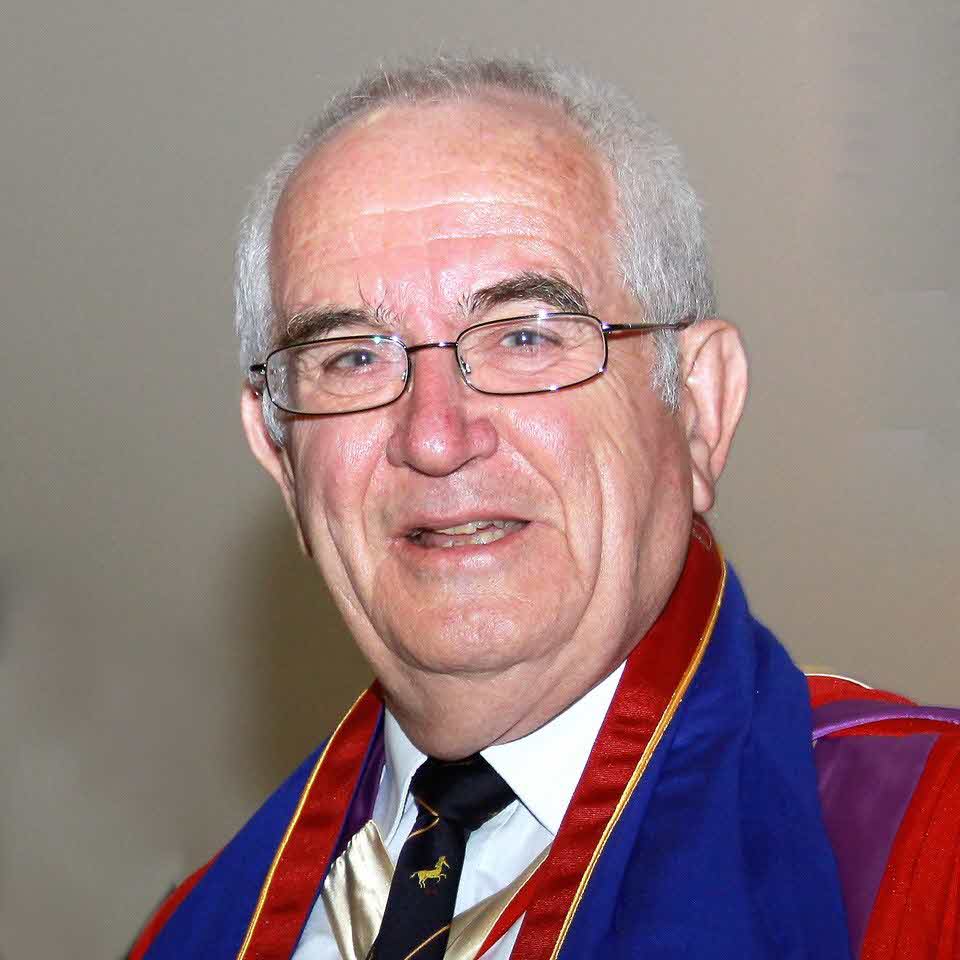
Former University of Queensland veterinary school dean, Emeritus Professor Trevor Heath has dedicated his veterinary career to supporting students so that they can be best prepared as they transition into their career, and his wisdom, research and insight has benefited the entire veterinary profession. He has recently released a book which is packed full of his genial advice.
“As a 17-year-old working on the family farm in South Australia, I was fortunate enough to find a very senior and busy person - the Director of the Agriculture Department, who was prepared to spend his time to help and advise me on future career paths. That changed my life, and made me realise that a small amount of help at a critical time in a young person’s life can make a difference out of all proportion to the time and effort involved,” explained Professor Heath.
“That must have resonated with my personality. Although occupying a range of positions, mainly in the university sector, my passion throughout has been to do whatever I could to help young people to achieve their objectives, whether in their studies, in their transition to their career, and in life generally.”
After completing his veterinary degree at the University of Sydney in 1959, Professor Heath worked with the Department of Agriculture in South Australia. He then completed a PhD in Experimental Pathology at the John Curtin School of Medical Research at the Australian National University, followed by a Post-Doctoral in Anatomy at the University of California Medical Centre in San Francisco.
Teaching effective communication
Being interested in helping students to learn, Professor Heath first taught at Melbourne Vet School before studying as a Fellow in Medical Education at Michigan State University, completing a Master’s in Medical Education and Educational Psychology. In 1973, aged 36 he accepted the role of Dean of Veterinary Science at the University of Queensland.
“In the classroom and beyond I tried hard to apply the principles of effective education, and to make my classes relevant, engaging and stimulating, and enjoyable. I also incorporated teaching about communication skills, which are so important for veterinarians,” said Professor Heath.
Another important part of his career has involved researching the demographics of the veterinary profession, including undertaking a 25-year longitudinal study ascertaining whether veterinary school applicants from the bush were more likely to return to, and stay in, rural areas.
After finishing his seven-year term as Dean at the University of Queensland Veterinary School, Professor Heath next worked at King’s Residential College in a mentoring role as an Academic Consultant, dealing with students from all courses. It was this experience that led him to write his recent book compiled from his letters to a mythical Kingsman ‘Peter Doobes’ about issues of relevance to students.
With maintaining mental health and wellbeing an important part of staying healthy, Professor Heath has long advocated for the need to maintain a good work-life balance.
The benefits of a good work-life balance
“Looking back I’m convinced that everybody would benefit from ensuring that they have enough time away from work - that they can have a productive family life and develop active interests in non-work activities such as sport - which of course is valuable as a source of exercise too - music, theatre and even photography,” said Professor Heath.
Having published many papers throughout his career, including ‘Ten tips to ease the transition from student to veterinarian’ in the Australian Veterinary Journal, Professor Heath distilled his advice for those entering the vet profession into the following.
“My main advice is always to find the best boss and work environment – which can only be found by making an effort to analyse potential workplaces during work experience. Vet students should also look beyond private practice, for there are a huge number of careers for which a veterinary degree is well suited,” said Professor Heath.
There is more information here on Professor Heath’s book ‘Letters From a Former Dean - Advice for Students on Navigating Their Studies to a Successful Career’. You can also find out more information about a career in veterinary science on the AVA website.
